
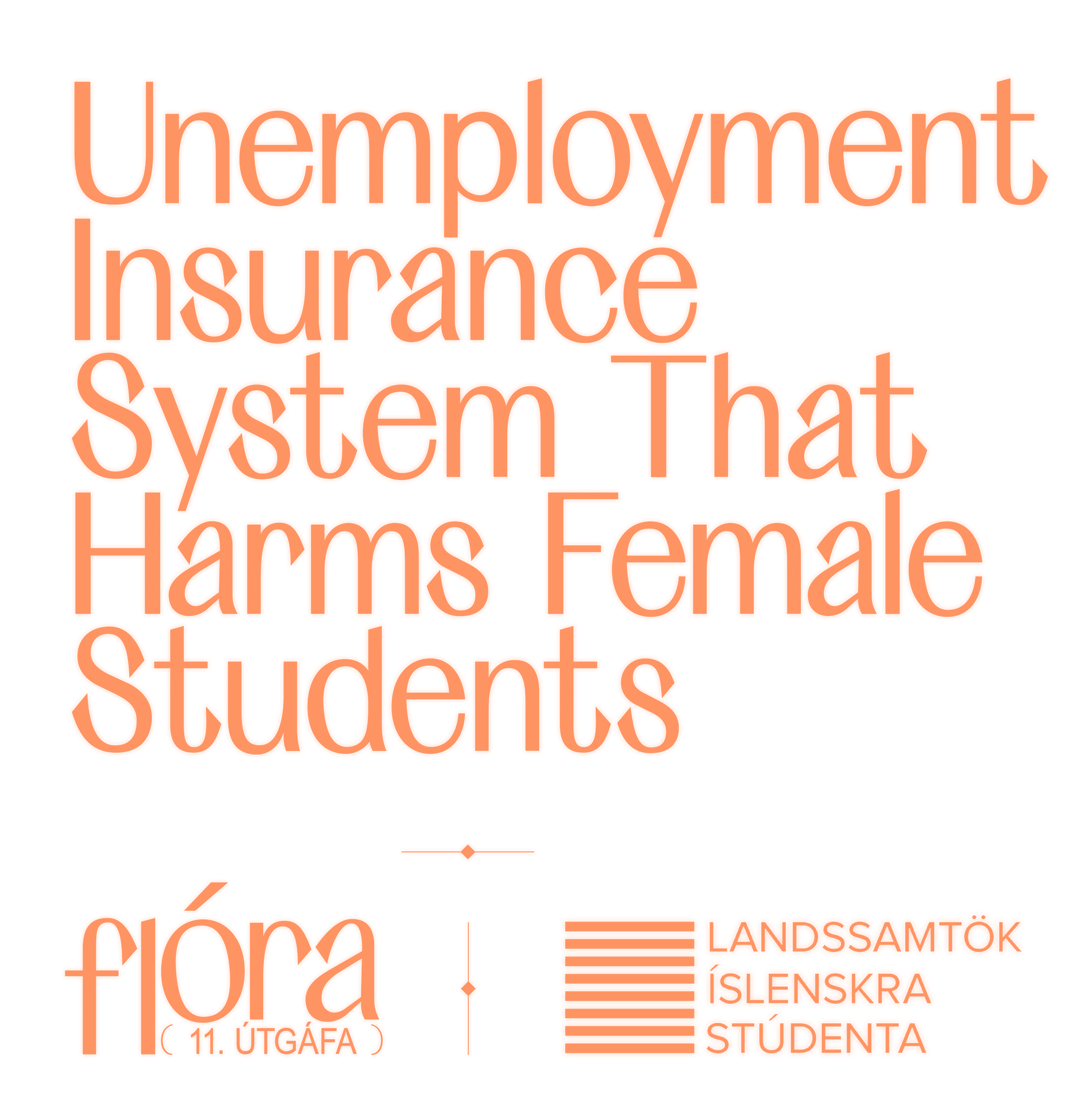

Jóna Þórey Pétursdóttir
@jonapeturs
images:
Eva Sigurðardóttir
@evasigurdar
@evasig__
evasigurdar.com
translation:
Women are a majority of students above primary school level in Iceland and proportionally an even bigger majority in university education, or 60% of students. In unpublished results of the survey Maskína, implemented from the 29th of May to the 11th of June 2020, that was sent out at the request of the Ministry of education, culture and society but created by SHÍ and proofread by the ministry and LÍS, 71,9% of women reported that they worked along their studies while 61,1% of men said the same thing. More than a 10% difference between thesexes regarding whether they worked along with their studies or not.
In regards to summer jobs 10,4% of men reported that they had not been employed in the summer of 2019 while 7,5% of women had no employment in the summer of 2019. Results indicate that women work parallel with their education and in study breaks rather than men. That begs the question whether limitations of working students’ access to unemployment insurance funds is an act that indirectly discriminates against women? Discrimination is forbidden by law in this country.1 Indirect discrimination is when a condition that appears neutral, would be worse for one sex and no good reasons or lawful goal justifies it.
If we look at more data, the labor market research of Hagstofan shows the rate of working women in studies is always higher than the rate of men ever since the research began in 2003:
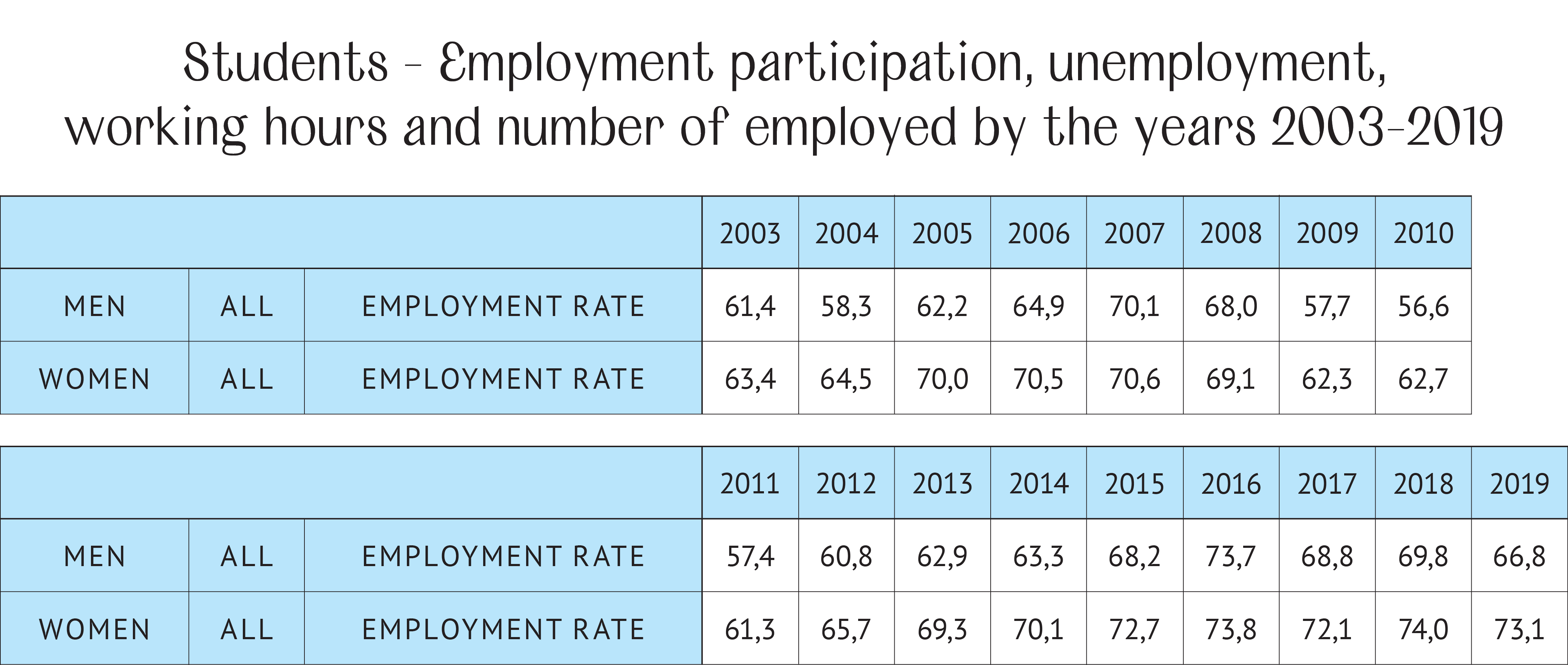
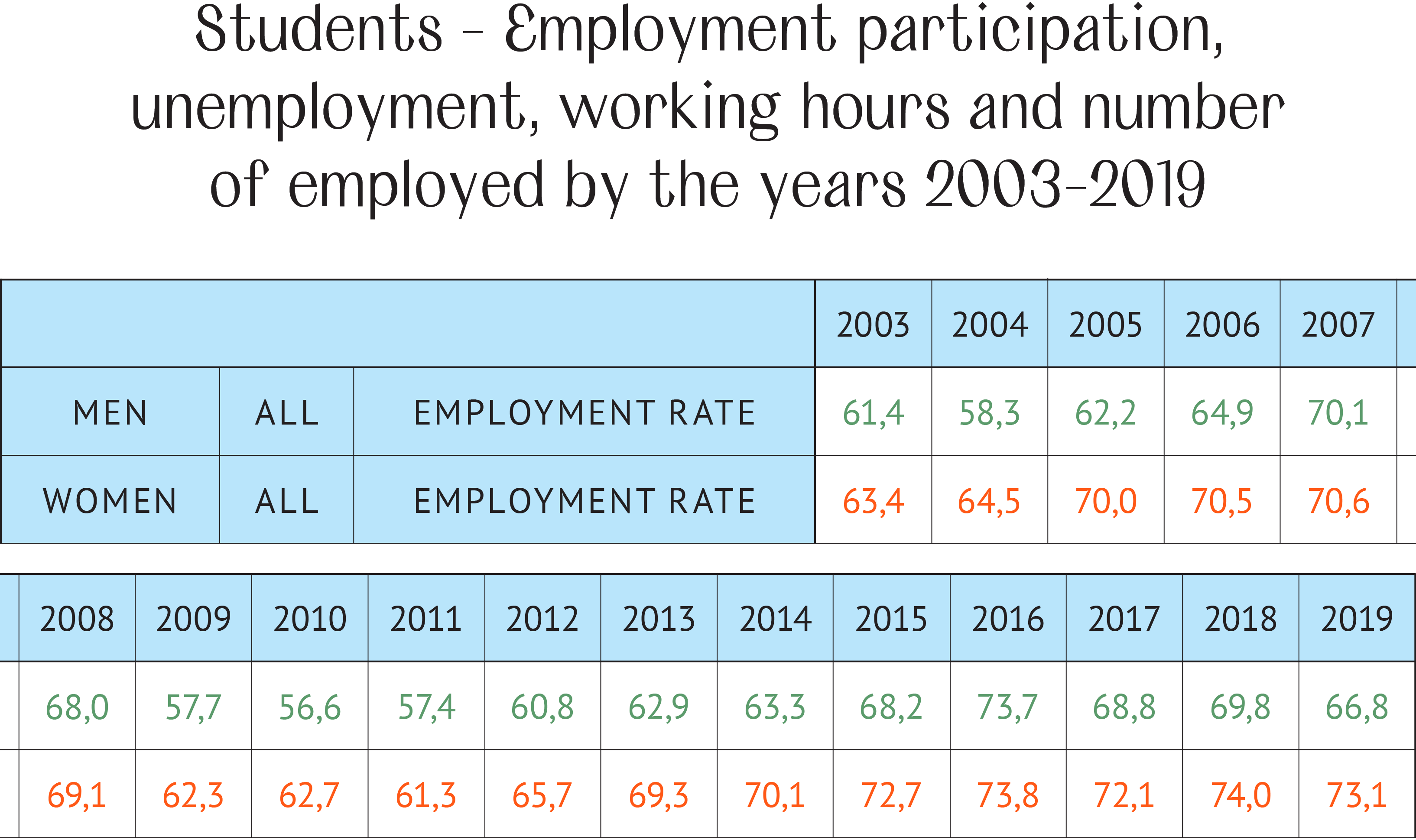
Then we can look at the results of another survey that SHÍ sent out, in cooperation with the ministry and LÍS, to the students of all universities in the country that 2.500 students answered from the 14th. of May to the 26th. of May 2020.
According to that 59% of men worked with their studies and 68% of women in the school year 2019-2020 and that is a comparable rate as to the aforementioned survey of Maskína. Women seem to work alongside studies rather than men.
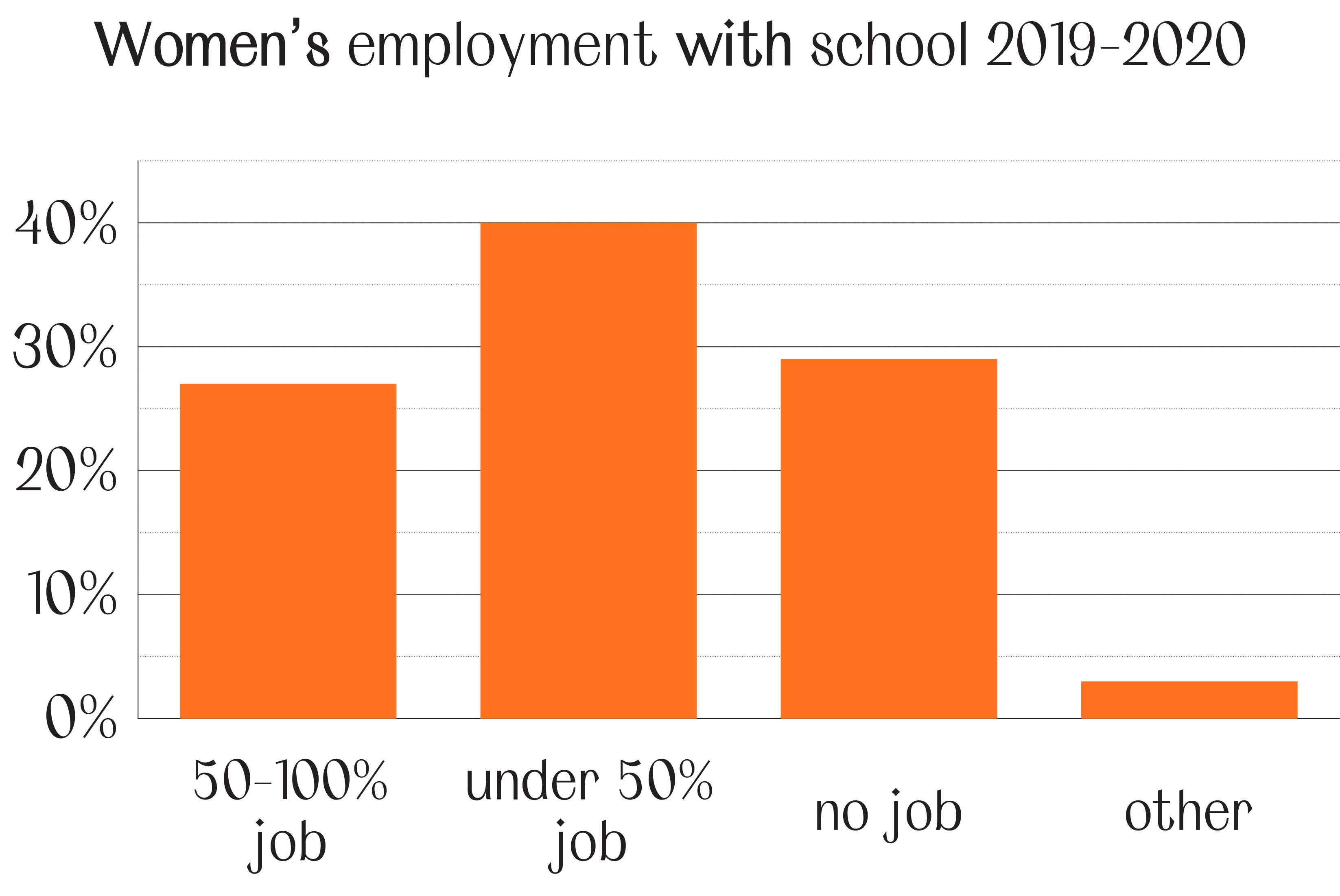
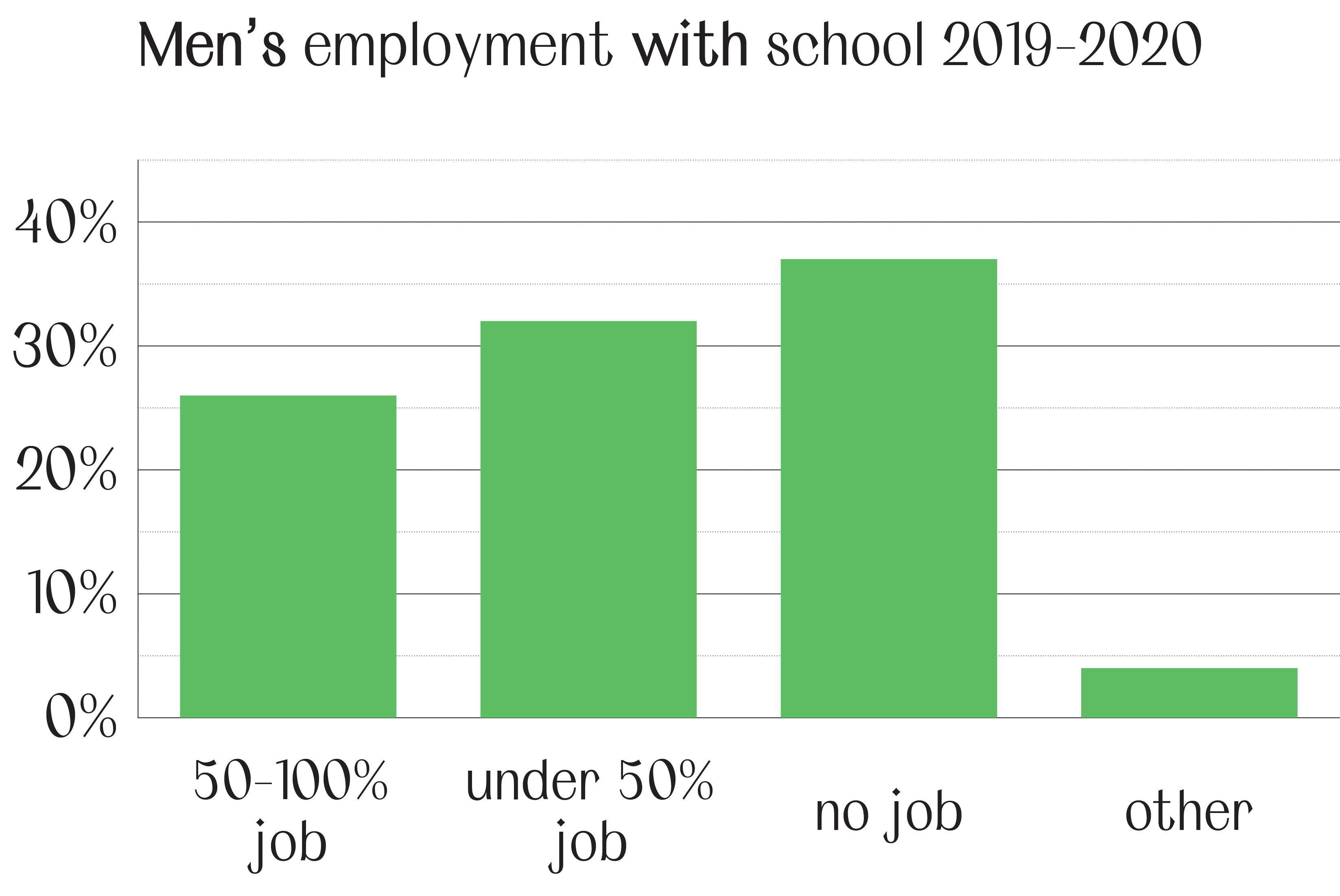

The picture above is part of the pair Systur by Eva Sigurðardóttir
In this country the government is mandated to make a plan about gender budgeting. Gender budgeting is in short a gendered assessment on the government’s spending and reorganizing income and expenses so that they support the equality of the sexes. In the basic report on gender budgeting from March 2019, published by the prime ministers office, they tried to shed light on the status of sexes within specific subject areas and categories of state. Therein there was no diagnosis on the state of affairs of working students. Gendered statistics and data are an essential basis on effective strategic planning on the equality of sexes and a gendered budget. Therefore it is essential that the government launch a thorough analysis of the situation.
The data and the information that exist suggest that in the case of students, the government’s income from employment insurance, comes rather from women than men. Meanwhile that group, students, in its entirety is not entitled to the payments that the fee should cover.
That condition that students have no right to unemployment benefits in study breaks may seem impartial, but since women rather work with their studies to make a living and are a majority of students, the condition therefore comes more down on women.

The picture above is part of the pair Systur by Eva Sigurðardóttir
Women therefore are likelier to experience the restriction of their rights that the law entails rather than men, and that leads to indirect discrimination. In the light of gendered budgeting and with that as a goal to support an economical equality of the sexes there is plenty of reason to re-evaluate the limitations of students’ access to unemployment insurance funds.
— — —
References:
1 According to Art. 2 par. 2 of the Act on Equal Status and Equal Rights of Women and Men,, indirect discrimination entails when the situation when a seemingly neutral condition would be worse for an individual of one sex, compared to an individual of the other sex, unless it is justified in a simple manner with a lawful goal and method to achieve this goal be appropriate and necessary.
— — —
This article is based on a chapter from the authors master’s thesis in law “The rights of students to subsistens in unemployment -,,… funds from treasury to do nothing” that was turned in on the 4th of January 2021, defended on the 22th of January and given a grade of 9,0. The thesis will be available on Skemman from February 21st 2021 on.
Kona er nefnd: 2.11 - Wangari Maathai og Jaha Dukureh


My Right to Exist
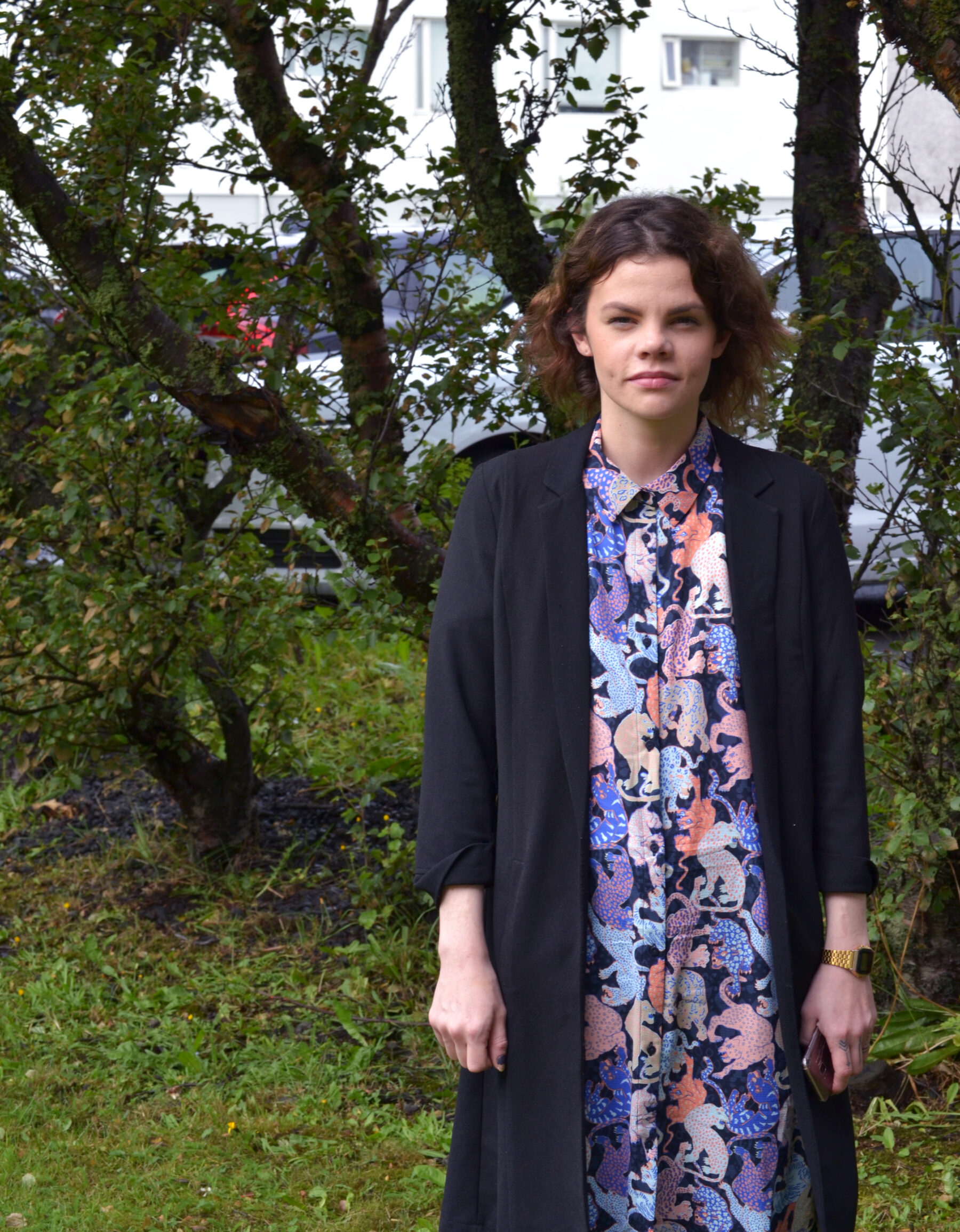

Konur í nýsköpun: Hulda Birna Baldursdóttir Kjærnested - Nýsköpunarmiðstöð Íslands
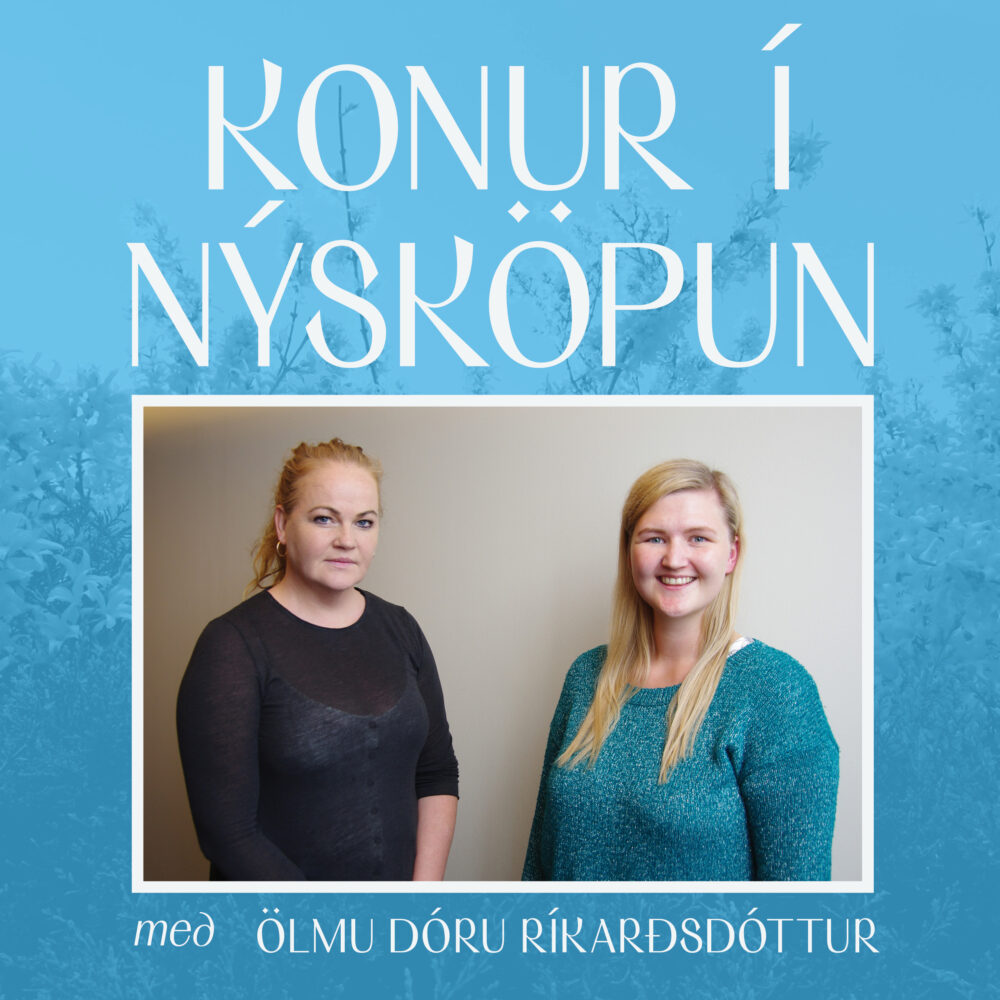
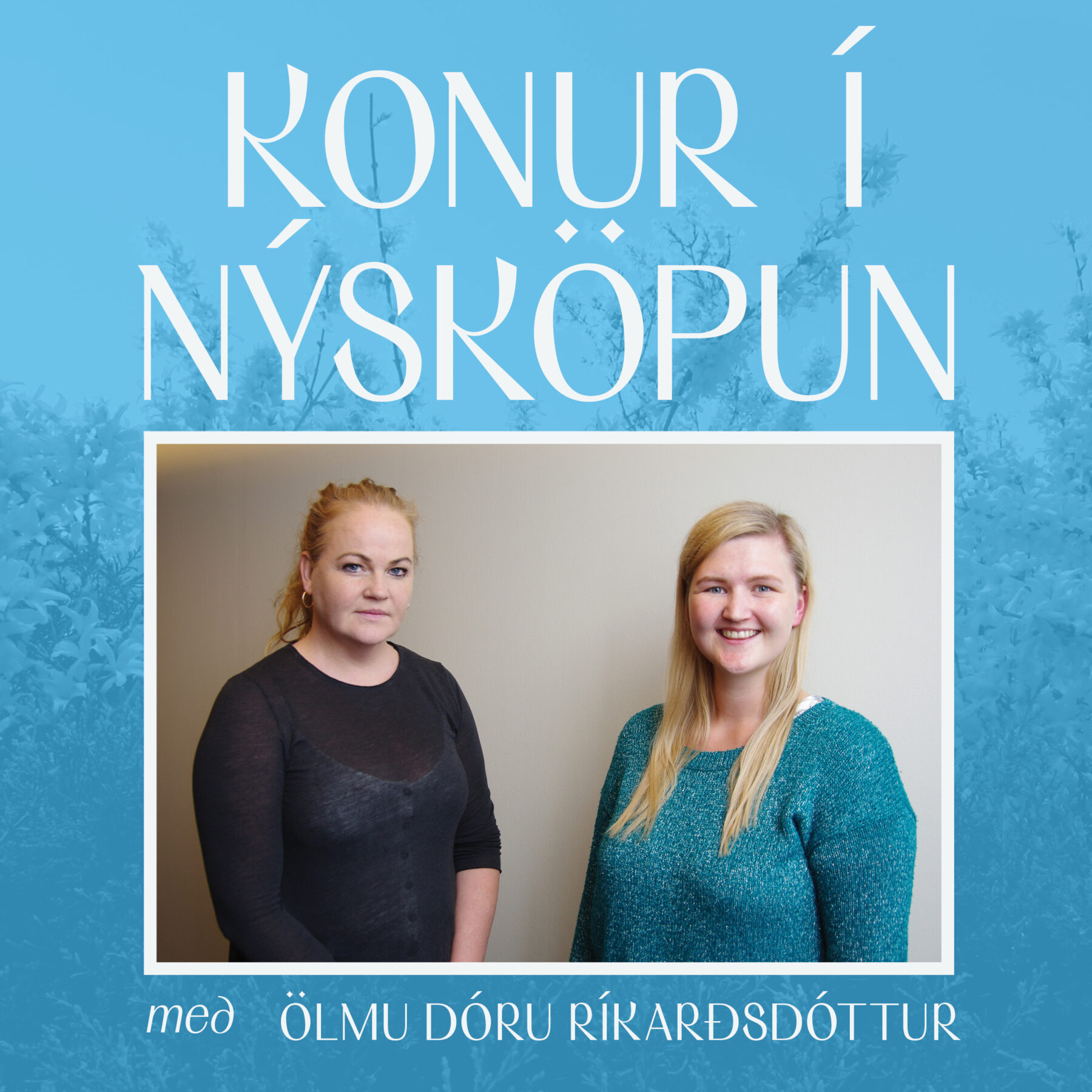
Read more about...